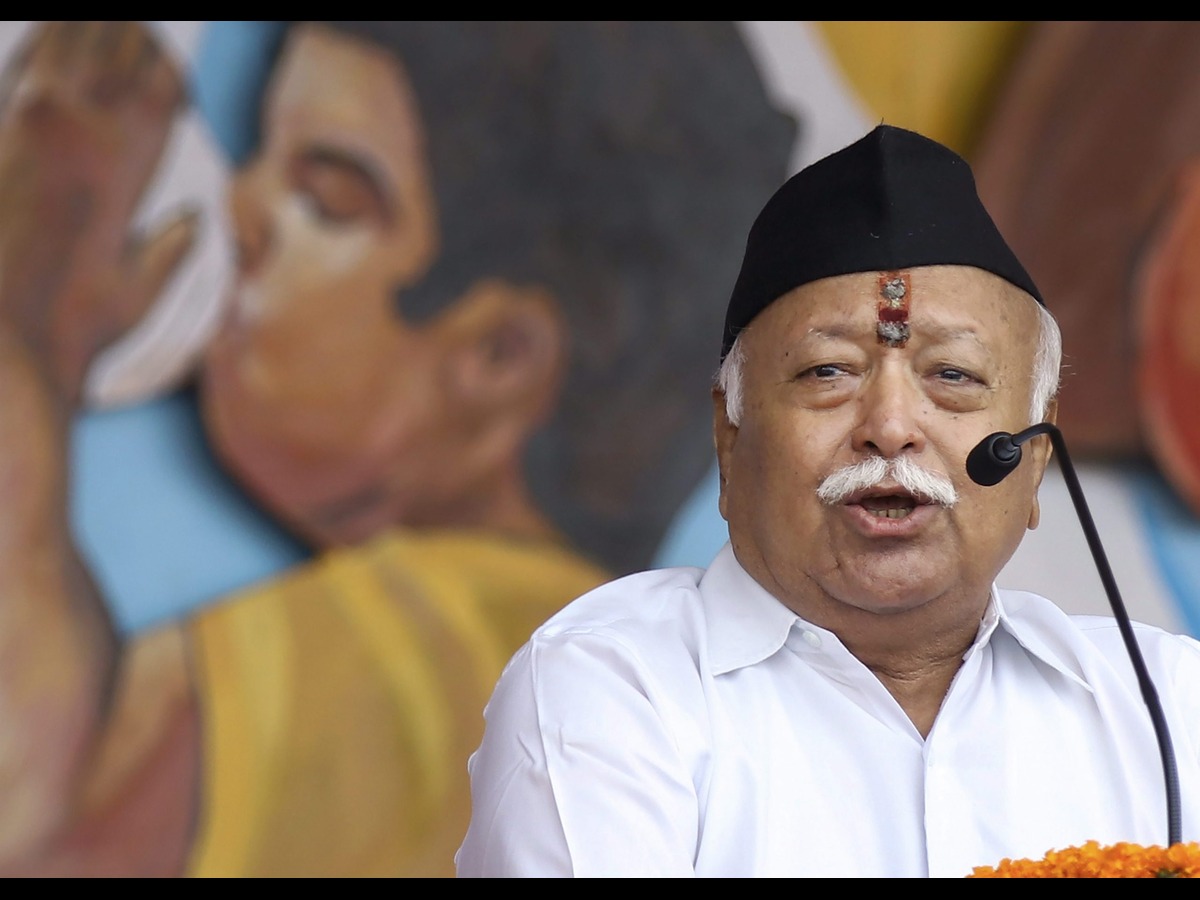Rashtriya Swayamsevak Sangh (RSS) chief Mohan Bhagwat has highlighted the significance of India embracing its spiritual and dharmic heritage, stating that the world will recognize India as a “Vishwaguru” only through genuine cultivation of morality, harmony, and inner strength.
Speaking at a lecture series in Pune focused on the theme “Bharat – The Vishwaguru,” Bhagwat asserted that global disorder underscores humanity’s need for moral guidance, not just material advancement. While the world advances technologically, the absence of dharmic underpinnings truth, compassion, severity is manifest in conflicts, environmental degradation, and social unrest.
Bhagwat framed the concept of Vishwaguru not as dominion but as moral leadership, where India serves as a global teacher through its rich civilizational values. Central to this vision is the idea that India’s identity rests on harmony within diversity, not on uniformity or imposition. He warned against forced conversion and intolerance, emphasising that unity rooted in compassion and equal respect is India’s defining robustness.
Further reinforcing this perspective, in a recent centenary interview, Bhagwat called upon Hindu society to awaken to a vision of “Panch Parivartan” Five Transformations encompassing Social Harmony, Family Enlightenment, Environmental Awareness, Selfhood, and Civic Duty. He framed this as a moral awakening suite to build a self-reliant society anchored in dharma, ultimately positioning India as a global spiritual leadership by 2047, the centenary of its independence.
Bhagwat’s message draws a clear distinction: India’s path to global prominence must run through ethical and spiritual renewal, not geopolitical assertion. “If the world seeks direction, Bharat must offer it not by force, but through living dharma,” he suggested, calling this a timeless responsibility rooted in India’s civilizational ethos.






